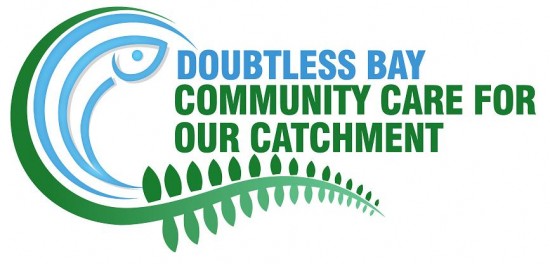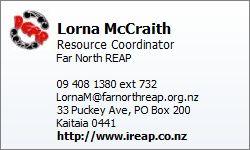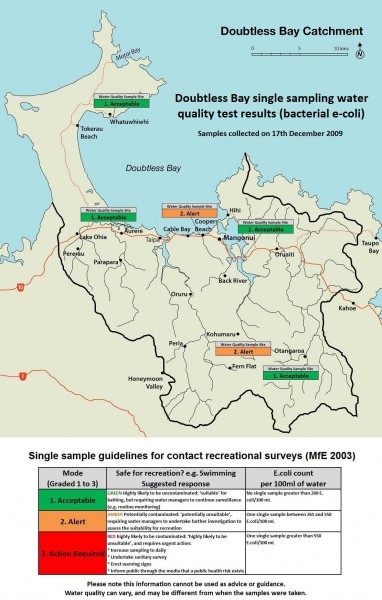By Mark Kinver Science and environment reporter, BBC News


The annual cost of flooding is rising in the US, the study says
|
Reconnecting flood-plains to rivers will help reduce the risk of future flooding, suggest US scientists.
A study by US researchers said allowing these areas to be submerged during storms would reduce the risk of flood damage in nearby urban areas.
Pressure to build new homes has led to many flood-prone areas being developed.
Writing in Science, they said the risks of flooding were likely to increase in the future as a result of climate change and shifts in land use.
"We are advocating very large-scale shifts in land use," said co-author Jeffrey Opperman, a member of The Nature Conservancy's Global Freshwater Team.
"There is simply no way economically or politically that this could be accomplished by turning large areas of flood-plains into parks," he told the Science podcast.
"What we are proposing in this paper is a way that this strategy can be compatible, and even supportive, with vibrant agricultural economies and private land ownership."
For example, the authors explained, the flood season and growing season in California did not occur at the same time.
This meant that allowing the land to be submerged by floodwater would not result in a permanent loss of farmland or crops being destroyed.
In their paper, they said that man-made flood management systems, such as levees, also had an ecological impact.
"Control infrastructure prevents high flows from entering flood-plains, thus diminishing both natural flood storage capacity and the processes that sustain healthy riverside forests and wetlands," they observed.
"As a result, flood-plains are among the planet's most threatened ecosystems."
'Ecosystem services'
The reconnection programmes would deliver three benefits, they added:
• Reduce the risk of flooding
• Increase in flood-plain goods and services
• Greater resilience to potential climate change impacts
In other parts of the world, Dr Opperman said that there was a range of agricultural strategies for private landowners that would be compatible with allowing areas to be flooded.
"There are emerging markets for ecosystem services, such as carbon sequestration and nutrient sequestration," he explained.
"These are services that flood-plains do provide, so with various climate policies there will be a price for carbon."
The researchers cited the Yolo By-pass, in California, US, in their paper as a successful demonstration of the idea they were advocating.
The scheme absorbed 80% of floodwater during heavy storms, they said, protecting the nearby city of Sacramento.
"During a March 1986 flood, the by-pass conveyed [about] 12.5bn cubic metres of water, more than three times the total flood-control storage volume in all Sacramento basin reservoirs.
"Without the by-pass flood-plain, California would need to build massive additional flood-control infrastructure," they observed.
The Yolo by-pass was created back in the 1930s, when a 24,000 hectare flood-plain was reconnected to the Sacramento River.
The scheme was introduced when it became apparent that a "levees only" approach would not offer the required flood protection.
"It's connected in an engineered way, which mean that when the river reaches a certain volume it flows over a weir and enters the flood-plain," Dr Opperman explained.
He added that the scheme also had numerous additional ecological benefits: "In recent decades, people began to notice that this area was a phenomenal habitat for birds.
"In the past 10 years, people recognised that native fish were moving from the river on to the flood-plain, and deriving all of the benefits that fish get from natural flood-plains.
"It was an excellent place for fish to spawn, and for juvenile fish to be reared."




